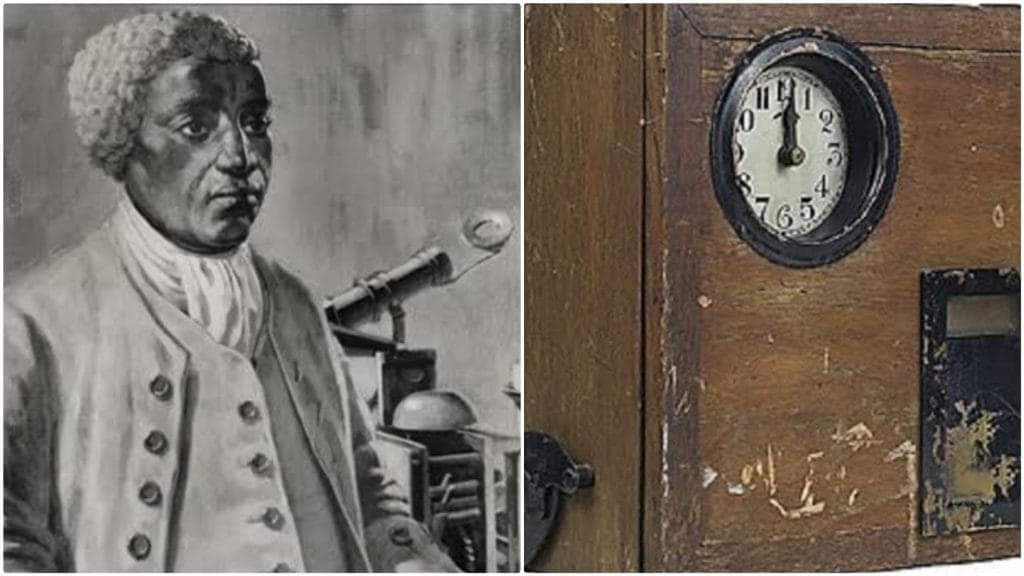
The Early Days of Timekeeping
Timekeeping has been a part of human civilization for thousands of years. Our ancestors used the movement of the sun, moon, and stars to measure time. They also created sundials, water clocks and sand timers to keep time.
The First Mechanical Clock
The first mechanical clock was invented in Europe during the 13th century. It was invented by an Englishman named Richard of Wallingford. His clock was a complex machine that used weights and gears to keep time. The clock was installed in St. Albans Abbey in England in 1336.
The Pendulum Clock
The next major development in clock technology was the invention of the pendulum clock in 1656 by Dutch scientist Christiaan Huygens. This clock had a swinging pendulum that regulated the movement of the clock’s gears, making it much more accurate than previous clocks.

The Quartz Clock
The quartz clock was invented in 1927 by Warren Marrison. This clock used the vibrations of a quartz crystal to keep time. Quartz clocks are incredibly accurate and are still used today in wristwatches, alarm clocks and other timekeeping devices.

The Atomic Clock
The most accurate clock ever invented is the atomic clock. It uses the vibrations of atoms to keep time. The first atomic clock was invented in 1949 by Louis Essen and Jack Parry. Atomic clocks are so accurate that they can measure time to within a billionth of a second.

In Conclusion
Timekeeping has come a long way since our ancestors used the movement of the sun and stars to measure time. From sundials to atomic clocks, each new invention has brought us closer to being able to accurately measure time. Who knows what the future holds for timekeeping technology?